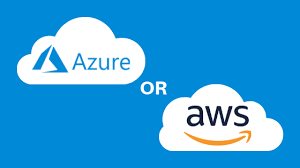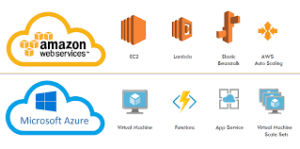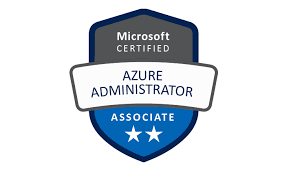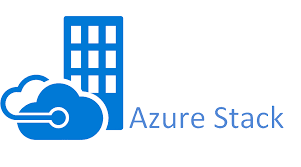Audience
The audience for this course is an AWS Sysops Administrator Associate or equivalent. This person has one to two years of experience in AWS deployment, management, and operations. Students taking this course are interested in learning how Azure is different from AWS, and how Azure is administered. Students may also be interested in taking the AZ-103 Microsoft Azure Administrator certification exam, or the AZ-900 Azure Fundamentals exam.
Prerequisites
Successful AWS Sysops start this course with experience in operating systems, virtualization, cloud infrastructure, storage structures, identity solutions, and networking. Specifically, students should have:
• A working knowledge of how to construct CLI commands, including using the help pages to determine appropriate parameters and command structure.
• Understanding of virtual network concepts, Domain Name System (DNS), virtual private networks (VPNs), firewalls, gateways, and encryption technologies.
• Understanding of virtual machines, how they are used, and configuration options like CPU performance and disks.
• Understanding virtual storage concepts such as storage accounts, blobs, file shares, and disk types.
• Understanding of governance concepts, including role-based access control, identity management, and identity protection.
Skills Gained
After completing this course, students will be able to:
• Create an Azure App Service Web App solution
• Implement Azure functions
• Develop solutions that use blob or Cosmos DB storage
• Implement secure cloud solutions that include user authentication and authorization
• Implement API management
• Develop event- and message-based solutions
• Instrument solutions for monitoring and logging
Course outline
Module 1: Azure Administration
In this module, you’ll learn about the tools and principles concepts needed to administer Azure.
Topics include:
• Resource Manager
• Resource Groups
• Azure Portal
• Azure CLI
• Azure Templates
• Cloud Shell
• Azure Marketplace
• Azure PowerShell.
Module 2: Azure Networking
In this module, you’ll learn about Azure networking features.
Topics include:
• Azure Regions
• Virtual Networks and Subnets
• IP Addressing
• Network Security Groups
• Virtual Network Peering
• VNet-to-VNet Connections
• ExpressRoute
• Load Balancers
• Network Watcher.
Module 3: Azure Compute
In this module, you’ll learn about configuring and monitoring Azure virtual machines.
Topics include:
• Azure Virtual Machines
• Creating Virtual Machines
• Virtual Machine Sizes
• Virtual Machine Disks
• Availability Zones, Availability Sets
• Windows VM Connections
• Linux VM Connections
• Azure Monitor
• Azure Alerts
Module 4: Azure Storage
In this module, you’ll learn about Azure storage features and implementation.
Topics include:
• Storage Accounts
• Blob Storage
• Blob Performance Tiers
• File Shares
• File Sync
• Data Box
• Content Delivery Network
• Shared Access Signatures
• Service Endpoints
Module 5: Azure Identity
In this module, you’ll learn about Azure identity solutions.
Topics include:
• Azure Domains
• Role-based Access Control
• Azure Active Directory
• Multi-Factor Authentication
• Azure AD Identity Protection
• Azure Policy
Schedule
Click on the following link to see the current Course Schedule
Our minimum class-size is 3 for this course.
If there are no scheduled dates for this course, it can be customized to suit the time and skill needs of clients and it can be held online, at a rented location or at your premises.
Click on the following link below to arrange for a custom course: Enquire about a course date








Reviews
There are no reviews yet.